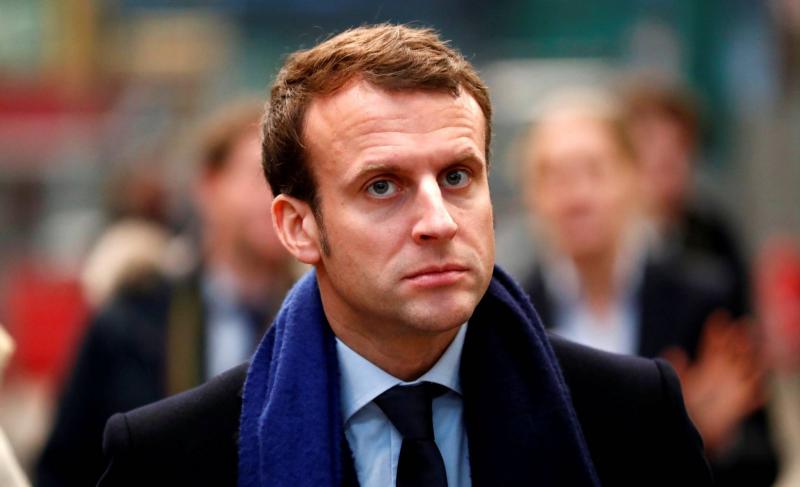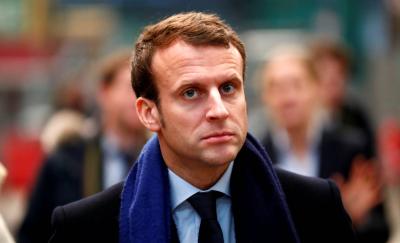A few weeks ago, French President Emmanuel Macron held most of the political cards in France. He was the young president who succeeded in winning a second term and managed to pass various laws in the French parliament, despite his party lacking an absolute majority. However, the legitimacy granted by his election allowed him some freedom to utilize Article 49.3 to push through most controversial laws. Additionally, La République En Marche!—the party founded by Macron—enjoyed a relative majority.
In a moment of political recklessness, Macron decided to dissolve the National Assembly and call for early elections, believing that reshuffling the political deck was a game he could master and that it would enable him to regain an absolute majority in the Assembly. However, after the first round, Macron emerged politically weakened, with his party losing its parliamentary majority, while those who could collaborate with him blamed him for France's predicament.
In 2017, Macron brought together a collection of politicians from both the right and left and established a synthetic political party aimed at creating a middle ground to avoid igniting the anger of the French populace directed at traditional institutions that have governed the land of enlightenment since the end of World War II. This Macronist vision successfully secured a place in the political landscape and allowed him to reach the second round of the presidential elections against far-right candidate Marine Le Pen. He borrowed from political history, invoking Charles de Gaulle's tactic of scaring voters away from the far right, which worked for Macron as well; many voted for him not out of love but as a rejection of the far right.
Macron repeated this success in the 2022 presidential elections, once again emerging victorious. However, this success did not extend to the legislative elections, where he achieved a relative majority but fell short of an absolute one. When Macron realized that far-right support was rising after the European elections, he attempted to push the far right to the forefront, hoping to invoke fear again and create an absolute majority aligned with his proposals. However, his calculations did not align with reality, as numerous variables emerged in the French and European landscapes.
The far right no longer instilled fear among European populations, including the French, especially with personalities like Giorgia Meloni becoming Prime Minister of Italy and Boris Johnson in the UK, where societal consciousness began to normalize far-right rhetoric. Additionally, the public anger against Macron's economic policies was significant, evidenced by the Yellow Vest protests. Many French citizens of immigrant origin felt that Macron's policies were not fundamentally different from those promised by the far right. Thus, Macron fell from the political stage, but it was not a dramatic or heroic downfall like those in medieval tales; rather, it was a comical fall, sadly devoid of any sense of loss or regret.




